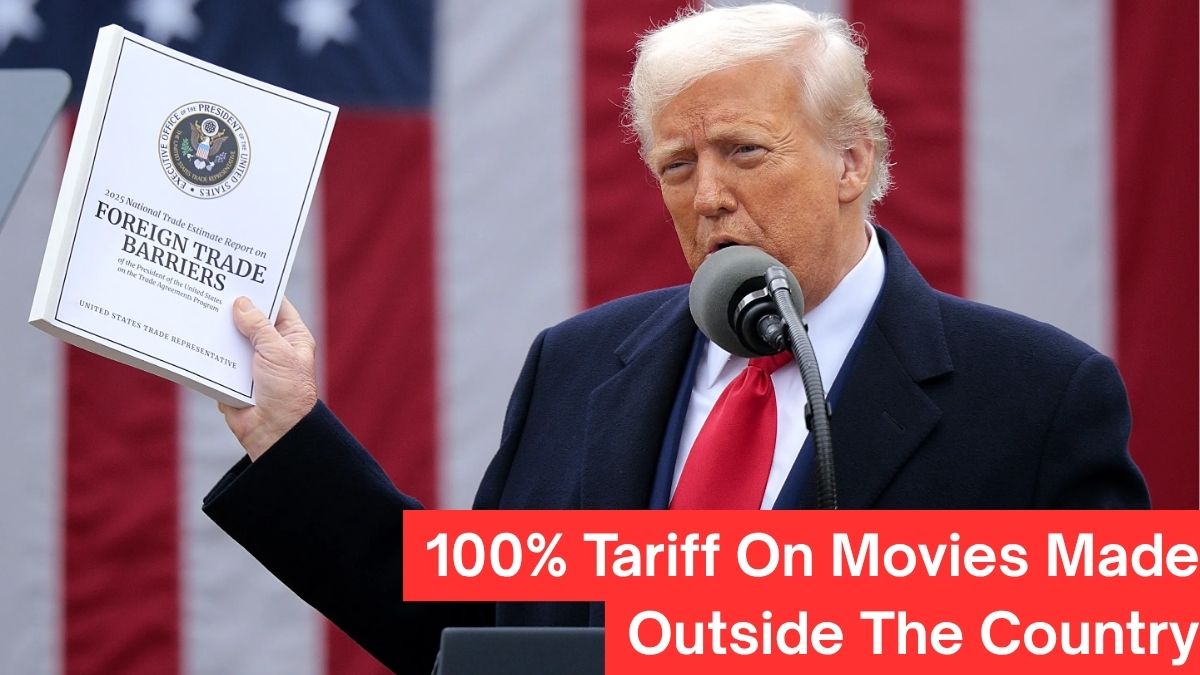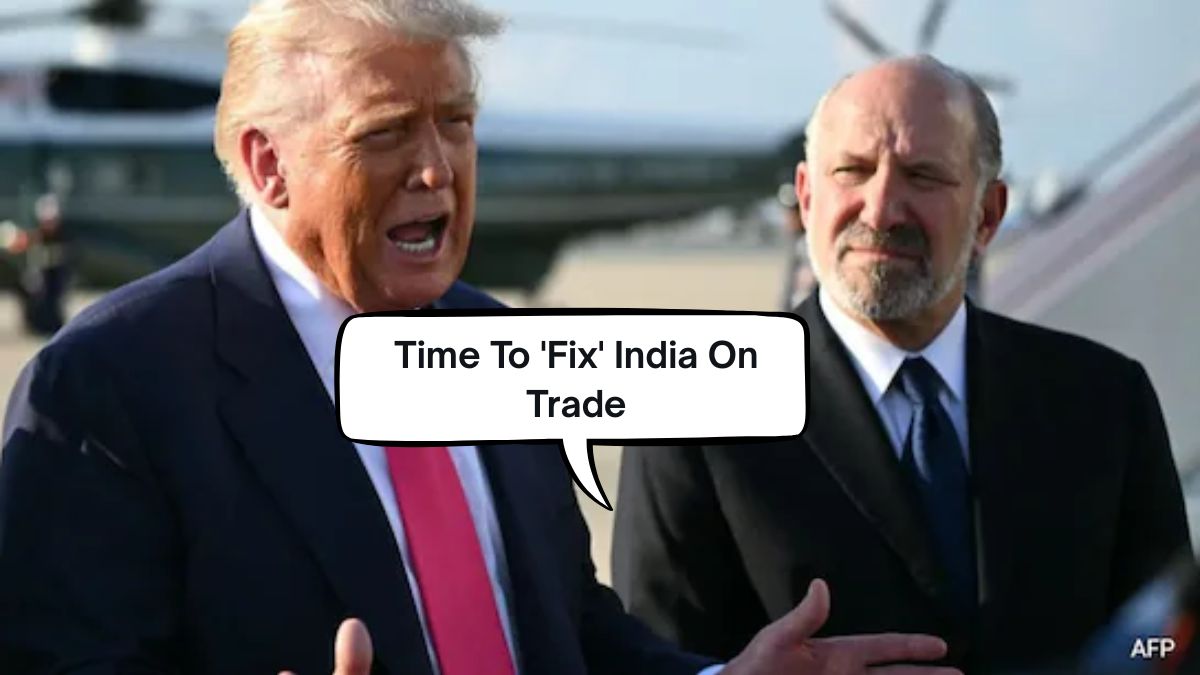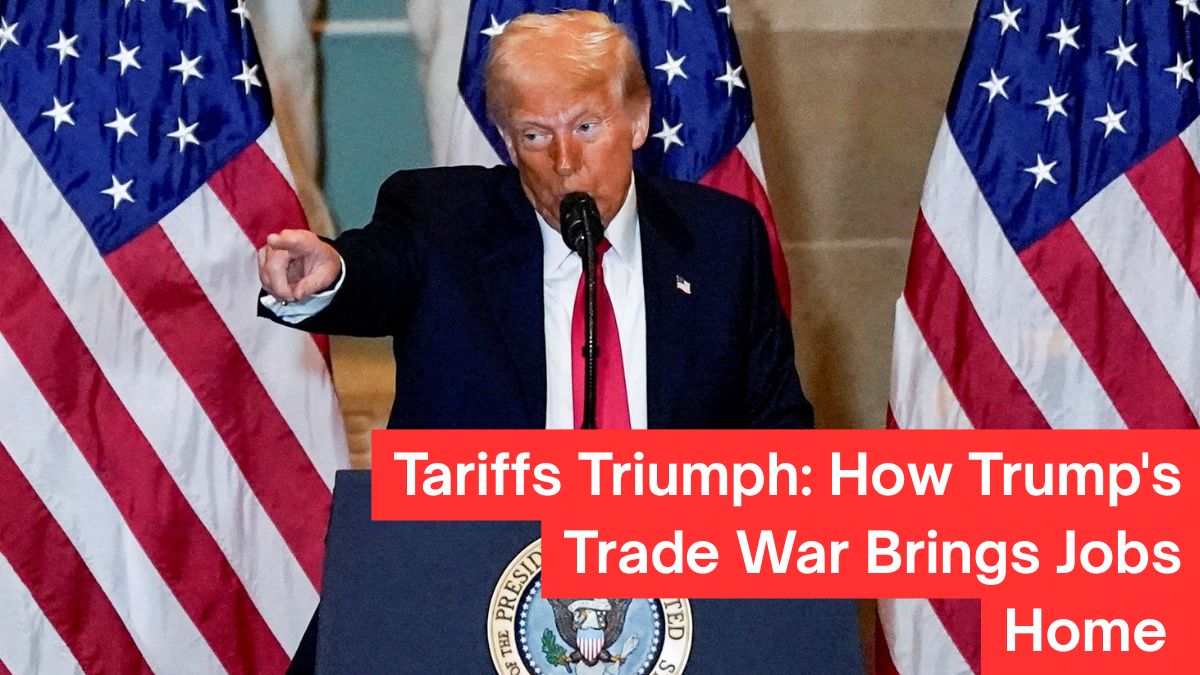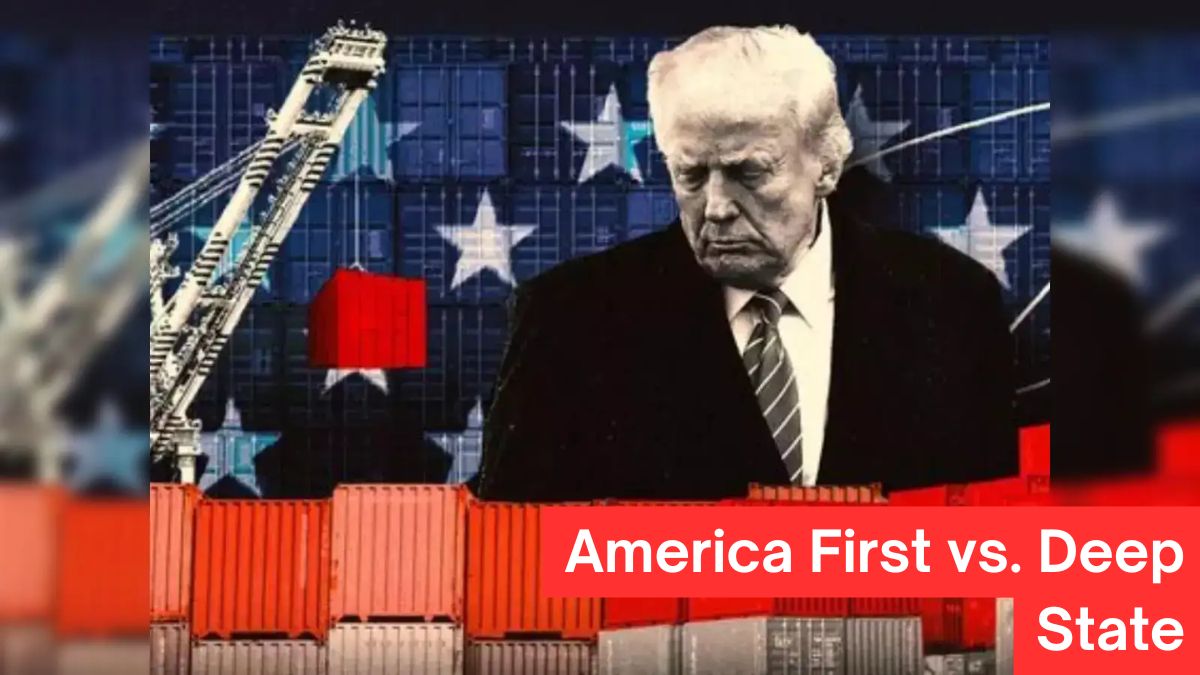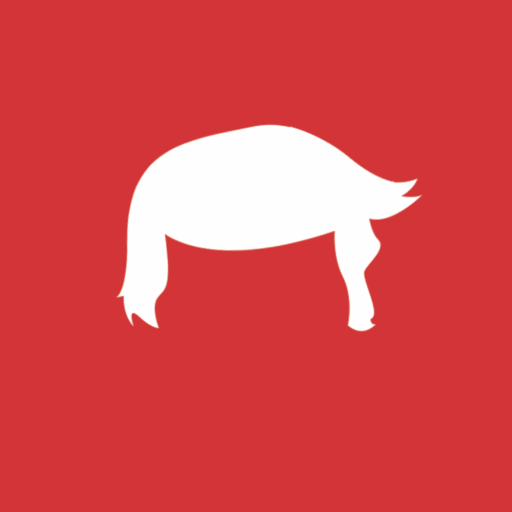As of September 30, 2025, President Donald Trump’s pledge to impose a 100% tariff on all films produced outside the United States has triggered strong responses across social media, financial markets, and global trade forums.
The announcement, framed as a move to address “runaway production” under the banner of national security, was delivered on Truth Social a day earlier. Trump described Hollywood’s overseas reliance as “candy from a baby,” while attacking California Governor Gavin Newsom as “weak and incompetent.”
The proposal has now placed one of America’s largest cultural exports under direct policy fire, with debates rising between those backing job protection at home and those warning of new barriers to creative exchange. On X, the hashtag #TrumpTariffs entered the top 20 trends with over 15,000 mentions in just two days.
Key Takeaways
- Trump proposes a 100% tariff on all foreign-made films.
- Hollywood’s $279 billion industry faces disruption in global shoots and partnerships.
- U.S. stocks including Disney and Netflix fell 1-2% after the announcement.
- Global partners like Canada and the UK warn of serious economic consequences.
- Enforcement details remain unclear, leaving uncertainty for streaming and co-productions.
The Tariff Debate’s Timeline
Trump’s idea for tariffs goes back to May 2025, when he talked about penalties with Hollywood stars like Jon Voight, who wanted tax credits instead. On September 29, 2025, Trump’s Truth Social post brought the proposal back to life, getting hundreds of responses in just a few hours.
The move is also part of a larger wave of tariffs that will start in mid-October. These include 100% on branded drugs and 50% on cabinets.
The markets reacted quickly. On September 29, stocks in companies like Sony, Warner Bros. Discovery, and Comcast fell by 1% to 3%. Disney and Netflix also saw short drops before bouncing back. Leaders from around the world were careful. Canada warned that U.S. studios would be “punished,” and the UK said that billions of dollars in production rebates were at risk.
The Economic Effects: Hollywood’s Dependence on the World
Hollywood depends a lot on global markets. More than 70% of the money made at the box office in 2024 came from people outside the US. USC Annenberg’s data showed that foreign production shoots saved U.S. studios almost $2.9 billion in 2023.
Analysts say that if tariffs are put in place, ticket prices could go up by 20 to 30% as the higher costs spread. In 2024, the U.S.
saw production spending drop to $14.54 billion, a 26% drop from 2022. Meanwhile, the UK and Canada saw growth thanks to incentives based on rebates.
Foreign retaliation could be very strong. China bought $22.6 billion worth of American movies in 2023, and it could make quotas stricter. At the same time, EU countries are worried about co-productions like Wicked and Gladiator II.
Experts in the field also warn of practical problems, like how to categorize movies that were made with actors from other countries, with money from other countries, or with VFX made in other countries.
These kinds of problems make it hard to know if something is possible, which puts more pressure on both theaters and streaming services.
Support, opposition, and satire on social media
There has been a lot of disagreement and anger online
Pro-Tariff Side: People who support the move think it will protect American jobs and punish studios for sending work overseas. A lot of conservative news outlets called it a blow to the global elite.
Teamsters unions have also expressed anger over lost jobs in the U.S., but some estimates say that U.S. film spending could rise by $7.2 billion.
People who are against tariffs say that the policy could lead to cultural isolation and higher costs for consumers. Analysts say that past tariffs have led to job losses in other fields. California officials have called the plan “100% stupid,” and legal experts are not sure if the president can put tariffs on services like movies.
Satire and Memes: As usual, humor has gotten into the argument. Viral videos like “Tariff Man: The Reckoning” made fun of Trump’s move, saying it was both heavy-handed and showy.
